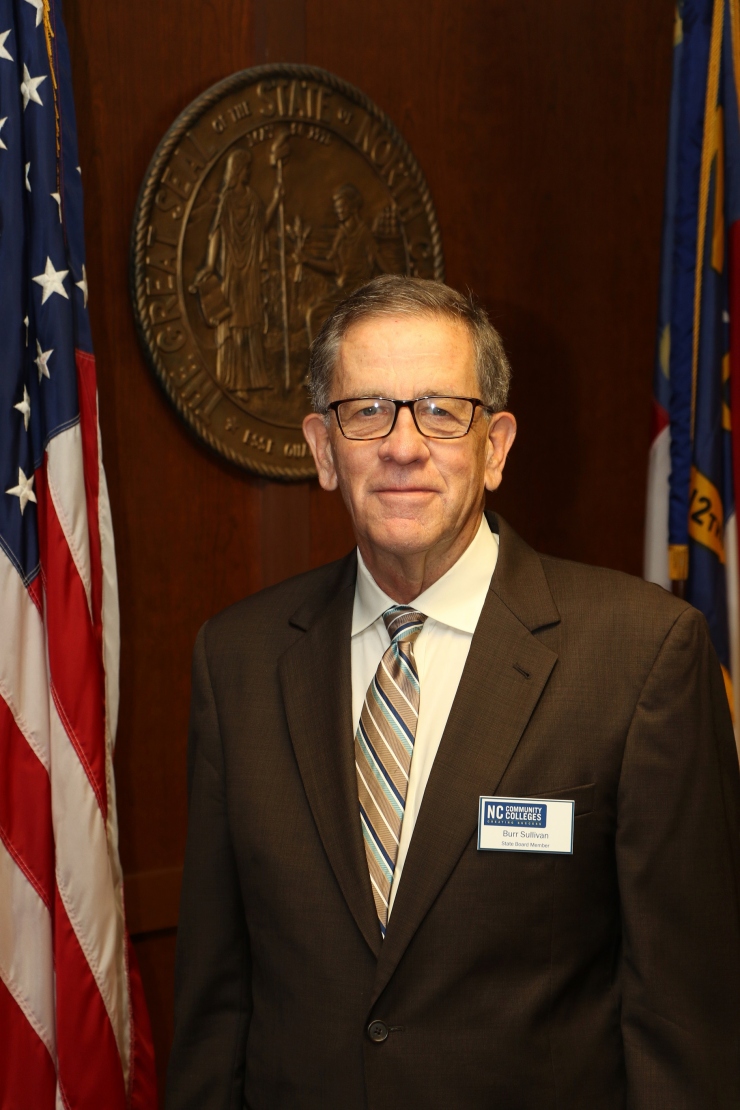
Partnering with Community Colleges to Create Better Student Learning Experiences
By Pearson, an NCACCT Business Partner
Today’s students are digital natives who expect quality and affordability in all of their products and services. In education, quality means that their products and services will help them achieve positive outcomes in the classroom, or wherever they choose to learn. It’s our goal to create learning experiences that surpass their expectations and help them succeed.
One way we are meeting this goal is by partnering with hundreds of higher education institutions, including many in North Carolina, to support campus Inclusive Access programs. As you may know, Inclusive Access is a digital-first program that institutions can implement with support from their bookstore to provide reduced-price high-quality eBooks and other materials to students on the first day of class.
Now in its seventh year, Pearson’s Inclusive Access has become a popular program for students, faculty, administrators and bookstores. In large part, this is because it has helped create simpler more equitable learning experiences by easing access to textbooks and learning materials.
Affordability is an important part of the learning experience and campuses that use Inclusive Access have helped students save hundreds of millions of dollars on course materials since 2015. On average, students in this program get up to seventy percent off of traditional print materials. We are very proud to work with Community Colleges and other partner institutions to achieve this success.
Another important feature that Inclusive Access partners offer to students is the assurance that they will have all of their required materials on the first day of class. Traditionally, eighty percent of students delay purchasing their required courseware. Research shows that early access to materials correlates with higher grades and completion rates.
Delivery of course materials on the first day of class is great for students AND instructors. Far too often, instructors struggle to retain students or help them succeed simply because they purchase materials too late. Giving students materials on the first day of class will help them have a successful start. It puts all students on equal footing so that some don’t get stuck waiting for financial aid or shipping, or shopping for books. This simple approach gives instructors a better chance to retain students and help them succeed throughout the semester. Our research from one major Inclusive Access university partner shows 70% of students started their assignments by the first day of class, compared to just 2% in 2014.
In addition, instructors enjoy the academic freedom to choose the content and eBooks they want. Inclusive Access instructors also enjoy the ability to assess engagement via digital courseware reports in our eBooks. They can track student progress so that they can decide where and when students need more support. This is critically important in the world of digital and hybrid instruction.
Last, college bookstores play an important role in the student experience. As courseware is rapidly transitioning to digital, Inclusive Access allows college stores to establish a sustainable approach to digital course material distribution that offers students greater convenience and consistent pricing. It allows bookstores to lower direct costs, and save students more.
In particular, we’re very proud of our many Community College partnerships. Together, we have created some of the most effective Inclusive Access programs for students. Here’s just one example. A Community College partner in Mississippi experienced a rise in graduation rates of 8% and a rise in retention of 10% since they implemented their Inclusive Access program. There was a 17% increase in gateway math student success. All told, these students saved 68% percent on their materials. There are many similar stories.
All of these examples go back to our goal – creating better student learning experiences that will help them succeed and graduate. Thank you for the opportunity to let us share how we are working with institutions to provide products and services that benefit students, instructors, and hundreds of colleges and universities.
For more information, go to Pearson | The world’s learning company | US.

